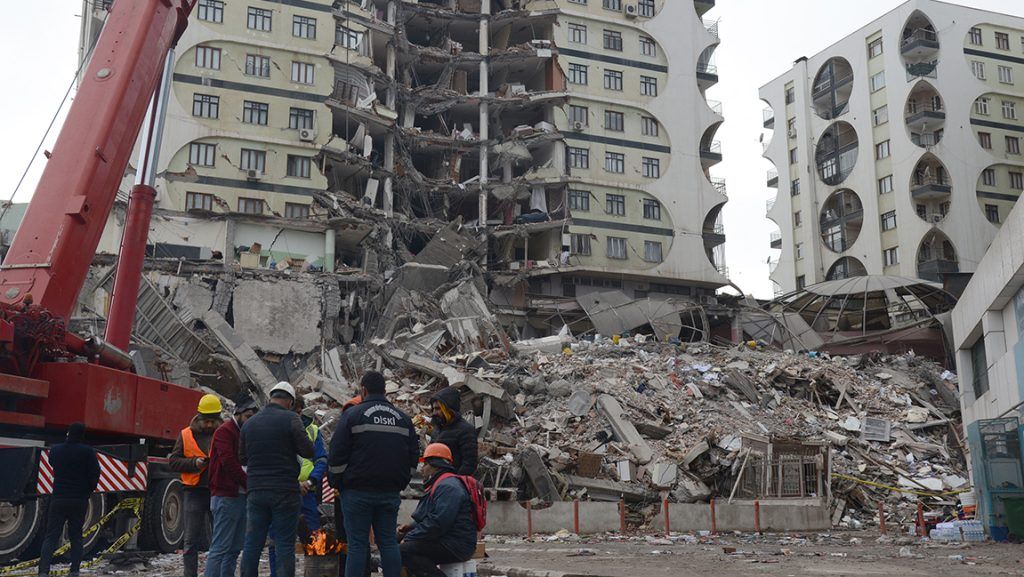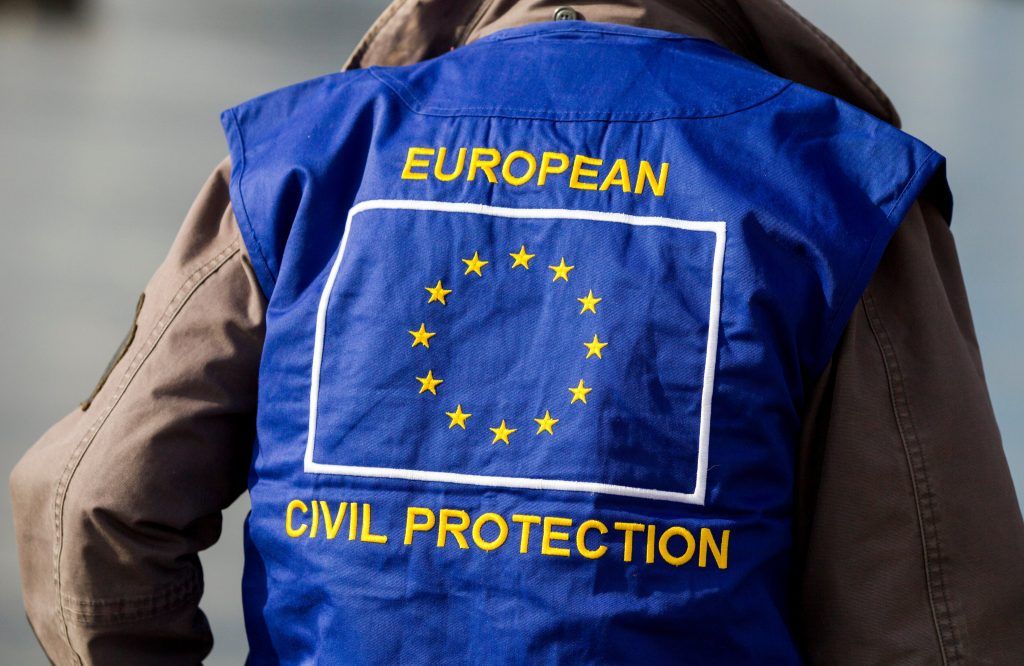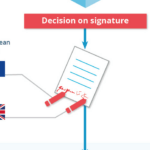The European Commission adopted a Recommendation and a Communication to establish common goals to boost disaster resilience in the areas of civil protection.
This includes ways to better prepare European countries for natural hazards, including earthquakes, floods and forest fires to name a few. In view of the rapidly changing risk landscape, the European disaster resilience goals aim to improve the capacity of the EU, its Member States and Participating States to the EU Civil Protection Mechanism to anticipate and withstand the effects of future major disasters and emergencies.
To this end and in close cooperation with Member States, the European Commission identified five goals to pursue collectively.

Earthquake in Türkiye and Syria: EU sends search and rescue teams
|
The five European Disaster Resilience Goals are:
- Anticipate – To improve risk assessment, anticipation, and disaster risk management planning. The complexity and interdependency of risks the EU faces makes it important to identify vulnerabilities in critical sectors, and anticipate hazards and threats.
- Prepare – To increase risk awareness and preparedness of the population. Increasing risk awareness and preparedness of the population helps to reduce the impact of disasters.
- Alert – To enhance early warning. Enhancing early warning systems ensures that warning messages across the national, regional and local levels reach the right people on time.
- Respond – To enhance the EU Civil Protection Mechanism response capacity. By further enhancing the EU Civil Protection Mechanism response capacity, the EU can provide more help to fill critical gaps and avoid further deterioration of the situation when the capacity of a country is overwhelmed.
- Secure – To ensure a robust civil protection system. Civil protection systems need to remain operational 24/7, during and after disasters, when they are most needed. Updating business continuity plans and procedures and ensuring coordination and information sharing across sectors, including with critical infrastructure providers, will help civil protection systems to function at all times.
To kick-off the implementation of these goals, the European Commission is launching five flagship initiatives, one under each goal. For example, a flagship initiative will be to launch preparEU, a pan-European awareness raising programme for disaster resilience targeting European citizens.
More information: European Commission







Leave a Reply